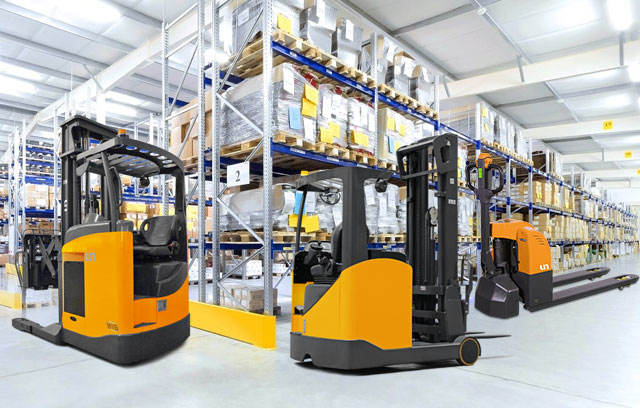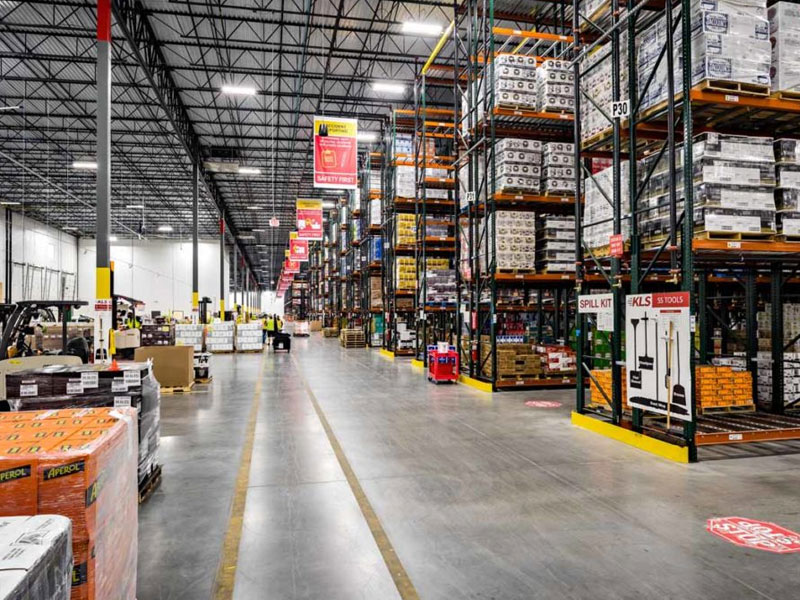Electric forklifts offer significant advantages in addressing the issue of noise pollution compared to their internal combustion (IC) counterparts. The main reasons electric forklifts are quieter include:
Electric Motor Operation:
Electric forklifts are powered by electric motors, which operate more quietly than the internal combustion engines found in IC forklifts. The absence of loud engine noise contributes to a quieter working environment.
No Combustion Engine Noise:
IC forklifts with internal combustion engines generate noise during combustion, especially in the case of diesel or gas engines. Electric forklifts do not have internal combustion engines, eliminating this source of noise.
Smooth Operation:
Electric forklifts generally provide smoother and quieter operation during acceleration, deceleration, and while in motion. This is in contrast to the mechanical noise associated with shifting gears in some IC forklifts.
Reduced Vibration:
Electric forklifts tend to produce less vibration than IC forklifts, contributing to a quieter workplace. Vibrations from machinery can amplify noise levels, and electric forklifts, with fewer moving parts, often result in a smoother operation.
Regenerative Braking:
Electric forklifts often use regenerative braking systems, which not only improve energy efficiency but also contribute to quieter braking compared to the mechanical braking systems in IC forklifts.
No Exhaust Noise:
IC forklifts emit noise from their exhaust systems during operation. Electric forklifts, being emission-free, eliminate this source of noise pollution associated with exhaust gases.
Lower Overall Decibel Levels:
Electric forklifts typically have lower overall decibel levels during operation, making them suitable for indoor environments and areas with strict noise regulations.
Adaptable to Noise-Sensitive Environments:
Electric forklifts are well-suited for noise-sensitive environments such as warehouses, retail spaces, and manufacturing facilities where minimizing disruption is important.
Enhanced Operator Comfort:
The quieter operation of electric forklifts provides a more comfortable working environment for operators, reducing fatigue and contributing to overall job satisfaction.
While electric forklifts are generally quieter, it's important to note that noise levels can still vary depending on factors such as the specific model, tire type, load handling, and operational conditions. However, the transition from IC to electric forklifts is often accompanied by a noticeable reduction in noise pollution, making them a preferred choice in environments where noise reduction is a priority.











 中文简体
中文简体 عربى
عربى Español
Español














